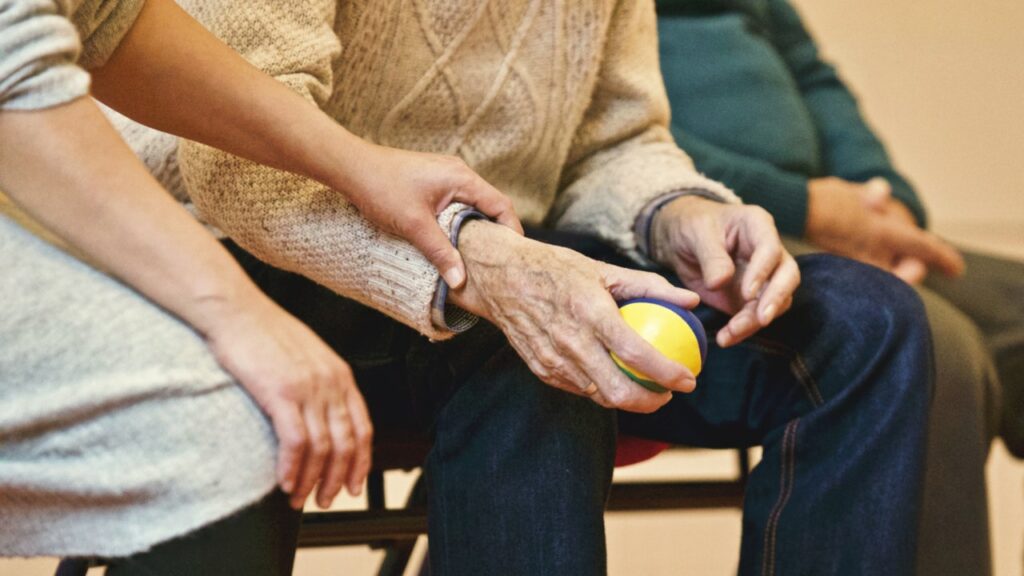Attention Caregivers! New pathways to permanent residence being rolled out
Attention Caregivers! New pathways to permanent residence being rolled out
Last month, February 2019, Immigration, Refugees and Citizenship Canada (IRCC) announced the
- launch of an Interim Pathway program for caregivers currently in Canada; and
- upcoming launch of two new five-year caregiver immigration pilot programs that will provide caregivers and their families with a path to permanent residence. These pilot programs replace the Caring for Children and Caring for People with High Medical Needs pilots, IRCC itself recognized as ineffective.
Interim pathway for caregivers – accepting applications from March 4 to June 4, 2019
Foreign caregivers who came to Canada after November 30, 2014, and did not qualify for Canadian permanent residence may now have another opportunity to do so through a new interim pathway that came into effect March 4, 2019, and will remain open until June 4, 2019. It has modified criteria compared to the existing programs. It is intended to provide a dedicated pathway to permanent residency for caregivers who came to Canada after changes were made to the previous caregiver programs to mitigate unique vulnerabilities they faced due to changes to program requirements that were not well understood.
The Interim Pathway is available to caregivers who acquired authorized work experience in Canada since November 30, 2014, in a caregiving occupation, and have acquired at least 1 year of full-time Canadian work experience as a caregiver (NOC 4411 or 4412 – other than as housekeeper) and who intend to reside outside of Quebec. They must have:
- authorization to work in Canada on a work permit other than a Live-in Caregiver Program (LCP) work permit (at the time of applying); or
- applied for a renewal of a work permit other than a Live-in Caregiver Program work permit; or
- applied and is eligible for restoration of status, and held a work permit other than a Live-in Caregiver Program work permit as their most recent work permit; and
- language skills of at least a CLB/NCLC 5 in English or French; and
- 12 months of full-time work experience in Canada since November 30, 2014, in a relevant occupation; and
- a minimum of a
Canadian high school diploma or non-Canadian educational diploma, certificate
or credential that’s equal to a Canadian high school diploma.
- Foreign credentials will require an Educational Credential (ECA) — issued within five years before the date of application by an approved organization — that indicates that the foreign diploma, certificate or credential is equivalent to a completed Canadian secondary school diploma.
Note that candidates whose educational credential was obtained outside Canada and who cannot obtain an ECA before the Interim Pathway for Caregivers closes on June 4, 2019, are still eligible if they provide proof that they have applied to get an ECA. Proof includes written confirmation from agency that they have submitted a request for an ECA and/or receipt of payment.
This program expires on June 4, 2019 so complete applications must be submitted by this date.
New Pilot Programs
The upcoming launch of two improved five-year pilot programs later in 2019 promises to provide “a direct pathway” to permanent residence after a caregiver has acquired two years of Canadian work experience. This work experience would be acquired with an occupation-specific work permit for caregivers rather than an employer-specific work permit. This means caregivers can switch employers if the need arises. The programs will also allow spouses/common-law partners and dependent children to join caregivers living and working in Canada and include work permits for spouses/common-law partners and study permits for dependent children, thereby preventing the separation of families.
While details are to come, IRCC has announced that caregivers will be assessed for permanent residence before working in Canada.
The new pilots respond to key concerns raised in a report issued by a national coalition of caregivers advocacy groups late last year that condemned the 2014 pilots as “fundamentally flawed” and accused them of extending “the legal basis for exploiting care workers.”
IRCC will accept a maximum of 2,750 principal applicants under each of the two pilot programs each of the five years. Spouses and dependent children will not count against the 2,750 principal applicant limit for each pilot. If you have any questions about the changes to the Caregiver Programs or about your eligibility to apply, please contact us through our website or by email at [email protected] to schedule a consultation



